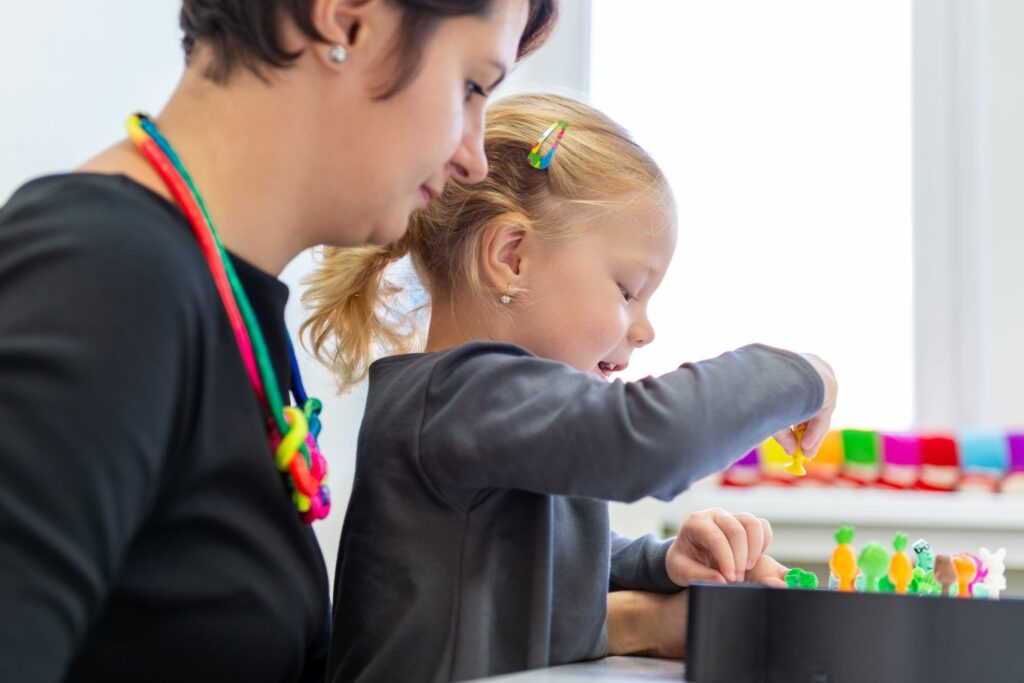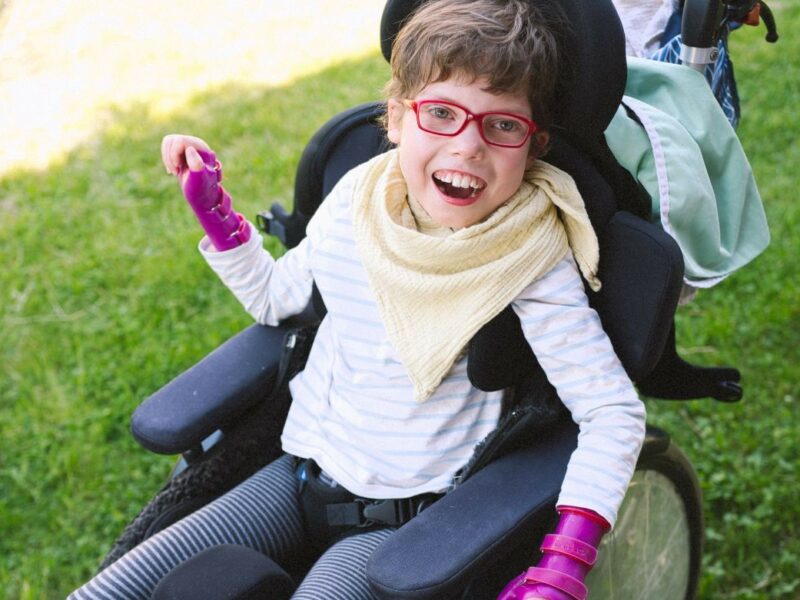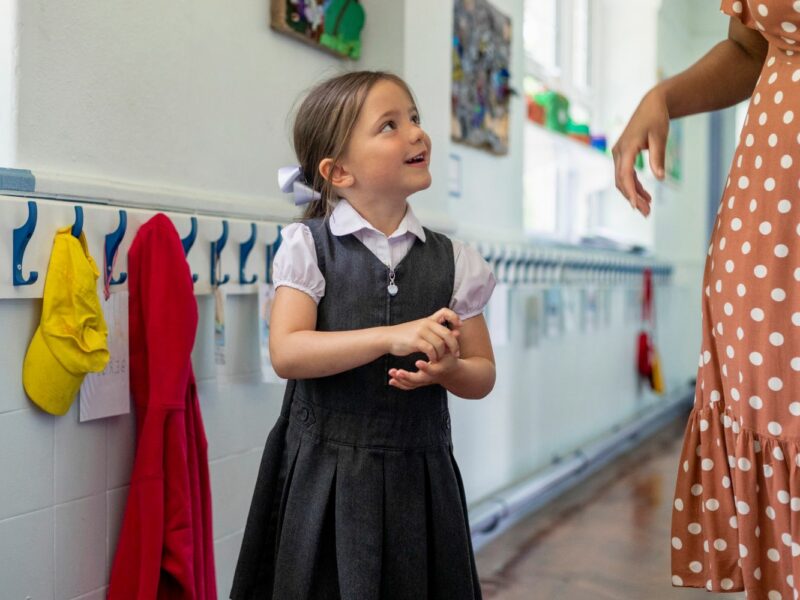Transitions
What is a transition?
A transition is when a child or young person moves from one stage of education or life to another. This could be:
- starting nursery or school (early years to reception)
- moving from infant to junior school
- moving from primary to secondary school
- moving into college or training
- preparing for adult life
Transitions can feel exciting but they can also be challenging, especially for children and young people with SEND. Planning ahead helps make transitions smoother and more positive.
Legal rights and support
Early years to school
If your child has SEND and is moving from nursery to school:
- the school must be told about your child’s needs
- if your child has an EHC plan, the local authority (LA) must:
- review and update the plan before the move
- name the school in the plan by 15th February before the September start
- work with you and the current setting to plan support.
Phase transfers
If your child is moving between key stages of education (e.g. primary to secondary, secondary to post 16), planning ahead is important.
If your child does not have an EHC plan
They may still receive SEN Support. Schools and early years settings must:
- use a graduated approach: assess, plan, do, review
- work with you to understand your child or young person’s needs
- put support in place and review it regularly
You can ask for a meeting with the SENCO to talk about transition planning and support. Find out more about SEN support here.
If your child has an EHC plan
The Local Authority (LA) must:
- review and update the EHC plan before the move
- name the next setting in the plan by:
- 15 February for Reception or Year 7
- 31 March for post-16 education
You do not need to apply through the usual admissions process. You have the right to:
- request a school or college
- share your views during the EHCP review
- appeal if you disagree with the placement named
- the LA must review the EHC plan and name the next school by 15th February
- you do not need to apply for a setting through the usual admissions process
- you have the right to request a school and give your views.
Preparing for adulthood (Year 9 and beyond)
From Year 9 onwards, every EHC plan review must include planning for adulthood. This includes:
- employment – exploring career options and work experience
- independent living – learning life skills and housing options
- community participation – joining in local activities and making friends
- health – planning for adult health services.

Who can help
You can ask for support from:
- the SENCO at your child or young persons current and future setting
- health visitors or early years inclusion teams
- social care if your child has a social worker.
Children and young people with health needs
If a child or young person has medical needs, the school should create a health care plan. This should set out:
- what support is needed
- who will provide it
- what should happen in an emergency.
Schools should follow guidance within the statutory guidance – Supporting pupils with medical conditions at school.
Tips for parents and carers
- Start conversations early – Begin talking about the next stage with your child or young person as early as possible, using positive language.
- Use visual supports – Social stories, transition booklets, or photo books can help children understand what to expect.
- Ask for a transition plan – Schools and settings can create a personalised plan with clear steps and timelines.
- Request extra visits – Many schools and colleges offer additional visits or taster sessions for children and young people with SEND.
- Involve your child or young person – Ask what they’re excited or worried about, and include their views in planning.
- Share what works – Let the new setting know about strategies, routines, or tools that help your child (e.g. sensory needs, communication aids).
- Keep a transition diary – Note down questions, key dates, and actions to stay organised.
- Check the EHC plan – make sure it reflects current and future needs
Further info:
IPSEA – Moving to a new phase of education with an EHC plan
IPSEA – Phase transfer reviews



